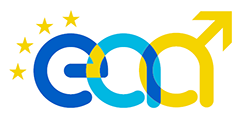2000
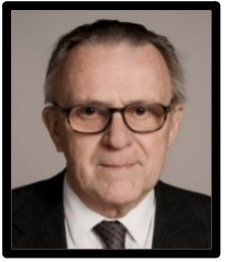 Rune Eliasson (Sweden)
Rune Eliasson (Sweden)
One of the founders of the EAA and the first Treasurer. He was instrumental in establishing the International Journal of Andrology as the official EAA journal and served as the Chair of the Publication Committee for many years. He promoted research integrity and pushed for rigorous standardisation of laboratory methods in andrology. Sadly, Rune Eliasson passed away on 31 January 2020.
In Memoriam: https://doi.org/10.1111/andr.12798
2019
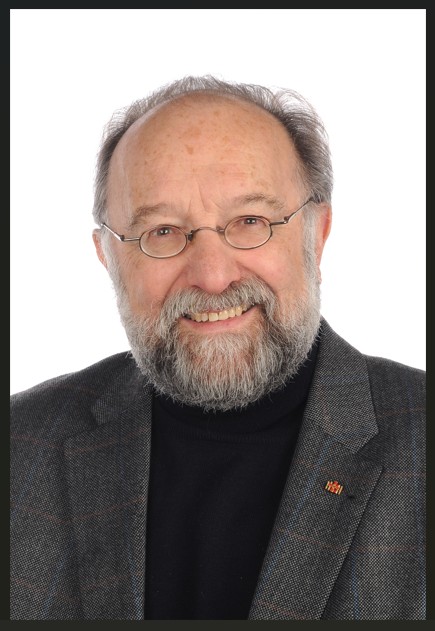 Eberhard (Ebo) Nieschlag (Germany)
Eberhard (Ebo) Nieschlag (Germany)
The organizer of the first meeting of the founders of the Academy in Castle Elmau in 1992, and the first EAA President (1992-1998). He was the main ‘builder’ of the Academy structures and registered EAA as an international non-profit organisation. In 1994 he founded the EAA Training Centre in Münster. Prof. Nieschlag is a prominent scientist in the field of andrology and endocrinology, with >700 publications. He coined the term ‘late-onset hypogonadism’.
 Gianni Forti (Italy)
Gianni Forti (Italy)
The second EAA President (1998-2006) and a long-time member of the Executive Council. He founded the EAA Training Centre in Florence (1994). He was behind the first ‘EAA Book’ (published in Int. J. Androl. in 1997) that comprised a detailed description of EAA Training Centres and a list of EAA members. Prof. Forti is an internationally recognised expert in the field of andrology and endocrinology, with >600 publications.
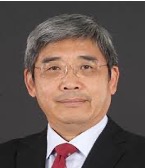 Frederick Wu (United Kingdom)
Frederick Wu (United Kingdom)
The third EAA President (2006-2010), and the founder of the EAA Centre in Manchester (in 2005). He moved the EAA to the internet era and established the first EAA website. Prof. Wu is an expert in the field of endocrinology and andrology, with >400 publications. He was a coordinator of the European Male Ageing Study (EMAS), a successful research project involving several EAA Centres.
2020
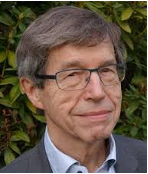 Niels E. Skakkebæk (Denmark)
Niels E. Skakkebæk (Denmark)
One of the founding members and the first Secretary of the EAA. He served as the Chief Editor of Int. J. Androl. (1981-1989) and established the EAA Training Centre in Copenhagen (1994). Prof. Skakkebæk is a prominent scientist in the field of paediatric endocrinology and andrology, with almost 800 publications. His research has been focused on the impact of the environment on male reproductive health problems, including testicular cancer. He coined the term ‘testicular dysgenesis syndrome’.
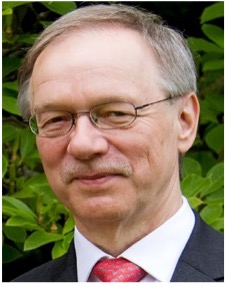 Ilpo Huhtaniemi (Finland /UK)
Ilpo Huhtaniemi (Finland /UK)
One of the founding members of the EAA, and a long-time Chairman of the Nominations- and Publication Committees. Prof. Huhtaniemi is a prominent scientist in the field of basic and translational endocrinology and andrology, with >700 publications. His research has been focused on the function of gonadotrophin- and steroid hormones.
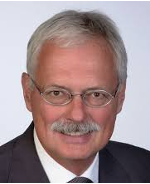 Wolfgang Weidner (Germany)
Wolfgang Weidner (Germany)
The founder of the EAA training Centre in Giessen (1995) and a long-time member of the Executive Council. He was instrumental in establishing collaboration between the EAA and the Section of Andrological Urology of the European Association of Urology (ESAU), and the joint EAA /ESAU Curriculum for the certification of Clinical Andrologists. Prof. Weidner is an expert in andrological urology, with >600 publications.
2022
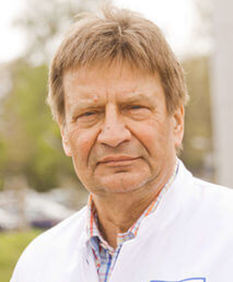 Peter H. Vogt (Germany)
Peter H. Vogt (Germany)
One of the most prominent scientists in the field of andro-genetics. His paper on the definition of the three AZF regions of the Y chromosome is of paramount importance for our field since testing for these deletions became a routine diagnostic test in oligo/azoospermia. Prof. Vogt was involved in setting up laboratory tests for the deletion screening and in the beginning of the EAA/EMQN quality control program. Besides the Y chromosome, his research interests are in disorders of sex differentiation, especially Turner Syndrome and germ cell neoplasia.
2024
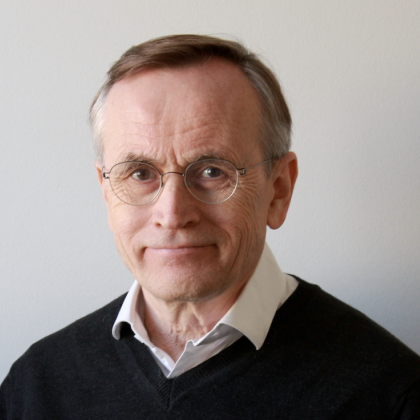 Jorma Toppari (Finland)
Jorma Toppari (Finland)
The fourth EAA President (2010-2014), and the Chief Editor of the Int. J. Androl. (2001-2009), serving as a member of the EAA Executive Council for an unprecedented 22 years, including participation in the Publications- and Accreditation Committees. Prof. Toppari is a prominent clinical and basic scientist in the field of paediatric endocrinology and andrology, and a renowned expert in the environmental aspects of the pathogenesis of genital disorders and the regulation of spermatogenesis, with >650 publications.
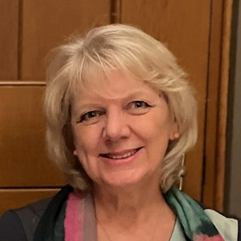 Ewa Rajpert-De Meyts (Denmark)
Ewa Rajpert-De Meyts (Denmark)
One of the editors of the EAA journals: the last Chief Editor of Int J. Androl (2009-2012) and the first co-Editor-in-Chief of Andrology (2012-2016). She also served as Secretary of the EAA Executive Council (2018-2024) and the Chair of the Publication Committee (2016-2024). Dr. Rajpert-De Meyts is a renowned scientist in the field of andrology, with focus on the pathogenesis of testicular cancer and developmental aspects of testis disorders, with >350 publications.
